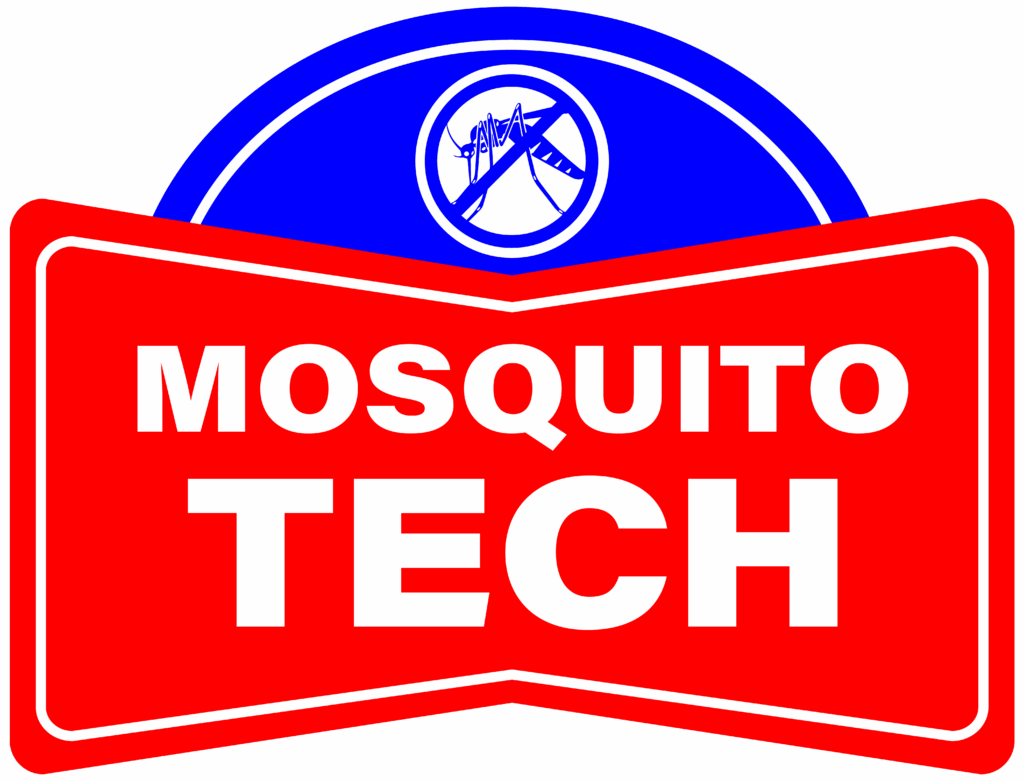Mosquito control is necessary for several reasons. Firstly, mosquitoes are carriers of diseases that can be harmful to both humans and animals. Mosquitoes can transmit serious diseases such as malaria, dengue fever, West Nile virus, and Zika virus, which can cause severe illness, disability, and even death. Secondly, mosquitoes are a nuisance to people and animals, causing discomfort, itching, and a decrease in quality of life. This can be particularly problematic for those who spend time outdoors for work or recreation.
In addition to the health and quality of life concerns, mosquitoes can also have a significant impact on local economies. Mosquito-borne diseases can reduce tourism, as people are less likely to travel to areas with high levels of mosquito-borne illness. This can also affect local businesses that rely on tourism, such as hotels, restaurants, and recreation facilities.
To effectively control mosquitoes, a comprehensive approach is necessary. This may involve a combination of methods, including source reduction (e.g. removing standing water where mosquitoes lay their eggs), biological control (e.g. using predators to control mosquito populations), and the use of chemical controls (e.g. insecticides). It is also important to educate the public about the dangers of mosquitoes and how to protect themselves, such as by using mosquito repellent and wearing protective clothing when spending time outdoors.
In conclusion, mosquito control is crucial for the health and safety of humans and animals, as well as for the well-being of local economies. By taking a comprehensive approach to controlling mosquitoes, we can help reduce the spread of disease and improve the quality of life for everyone.

